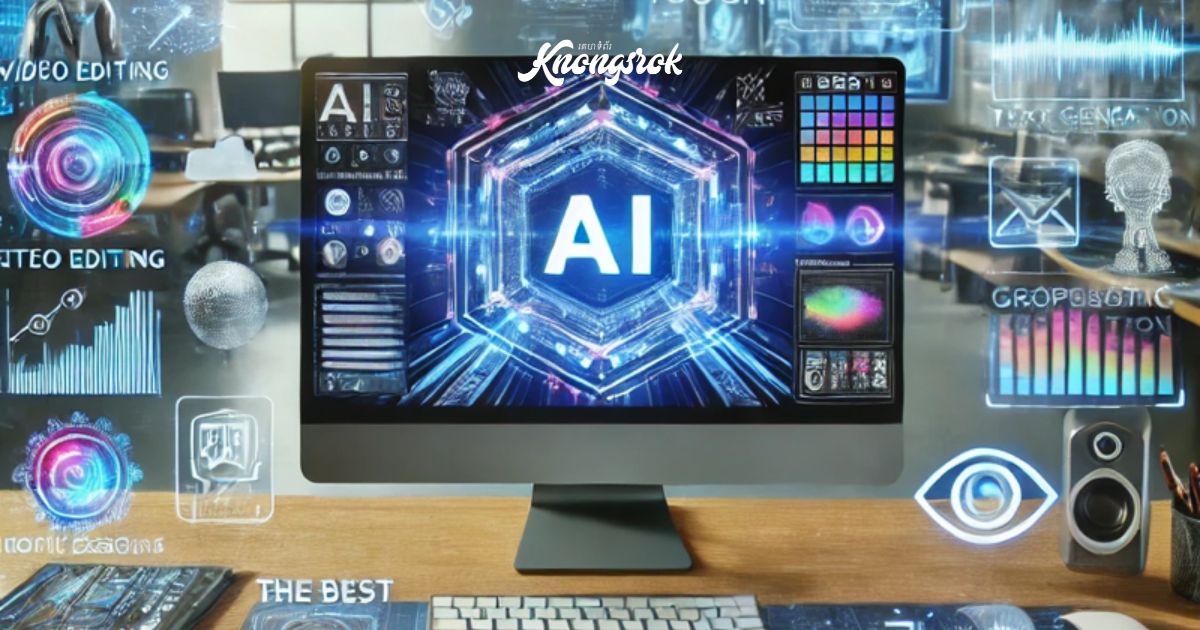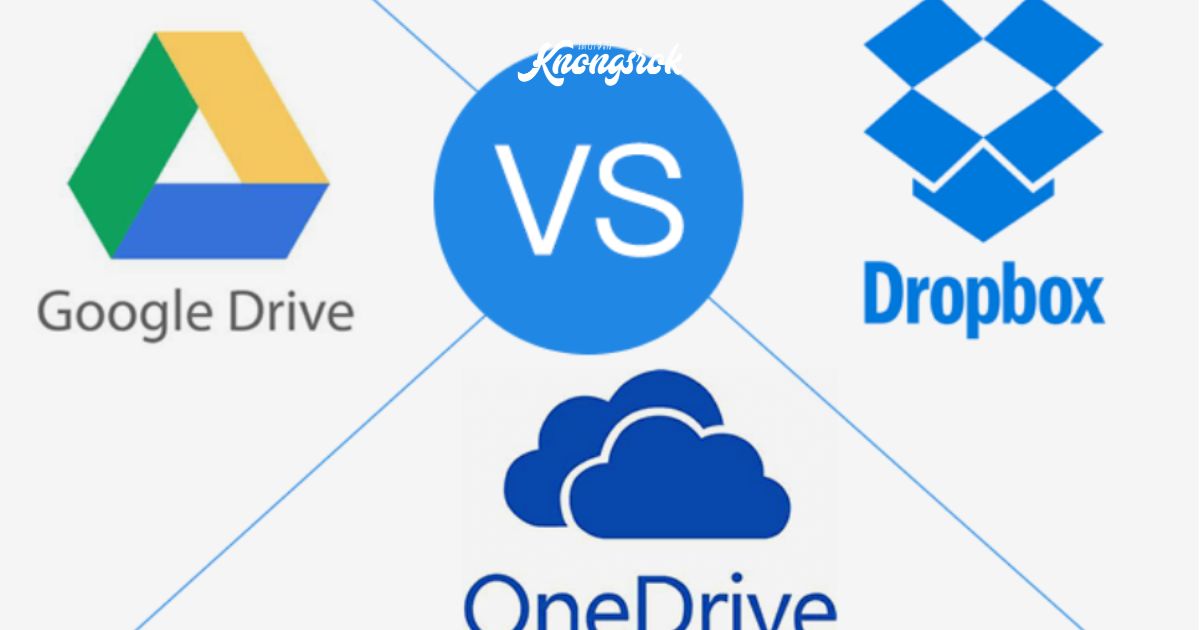Latest Innovations in Quantum Computing: What You Need to Know
Latest Innovations in Quantum Computing: What You Need to Know
Introduction
Quantum computing is no longer just a theoretical concept—it’s becoming a reality that could revolutionize industries like cryptography, drug discovery, artificial intelligence, and materials science. Unlike traditional computers that use bits (0s and 1s), quantum computers use qubits, which can exist in multiple states simultaneously. This allows them to process information at unprecedented speeds.

In this article, we explore the latest breakthroughs in quantum computing, key players driving the industry forward, and what these advancements mean for the future.
1. Breakthroughs in Quantum Computing
🔹 Google’s Quantum Supremacy (Beyond Sycamore)
Google first claimed quantum supremacy in 2019 with its Sycamore processor, which solved a complex problem in 200 seconds that would take the most powerful supercomputer 10,000 years to complete. In 2023, Google scaled up its quantum error correction methods, bringing practical quantum computing closer to reality.
🔹 IBM’s 1000+ Qubit Processor – Condor
IBM introduced Condor, a 1000+ qubit quantum processor, in late 2023, marking a major leap forward. It aims to tackle real-world problems by improving quantum error correction and increasing the stability of qubits. IBM has also outlined a roadmap to develop a 100,000-qubit quantum computer in the next decade.
🔹 Microsoft’s Topological Qubits
Microsoft is working on a revolutionary approach called topological qubits, which are more stable than conventional superconducting qubits. If successful, these qubits could significantly reduce quantum computing errors and lead to more scalable quantum systems.
🔹 China’s Quantum Communication Breakthrough
Chinese researchers have successfully developed quantum-secure communication systems using quantum entanglement. This has major implications for unhackable encryption and secure global internet networks, ensuring the safety of sensitive data in an era of growing cybersecurity threats.
2. How Quantum Computing Will Transform Industries
🔹 Cybersecurity & Cryptography
Quantum computers have the potential to break current encryption methods (such as RSA and ECC) that secure internet communications. Governments and tech companies are now developing post-quantum cryptography to safeguard data from quantum threats.
🔹 Drug Discovery & Healthcare
Quantum simulations allow scientists to analyze complex molecules and chemical reactions faster than ever before. This could lead to new drug discoveries, faster vaccine development, and better treatment strategies for diseases like cancer and Alzheimer’s.
🔹 Artificial Intelligence & Machine Learning
Quantum computing will supercharge AI models, solving problems that classical computers struggle with. For example, it could help optimize neural networks, improve natural language processing, and even develop AI models beyond GPT-4.
🔹 Climate Change & Energy Optimization
Quantum computers can simulate materials at the atomic level, helping researchers discover more efficient solar cells, superconductors, and battery technologies. This could significantly advance renewable energy solutions and help combat climate change.
🔹 Financial Modeling & Risk Analysis
Banks and investment firms are exploring quantum computing for real-time risk assessment, fraud detection, and portfolio optimization. This could lead to faster, more accurate financial decision-making.
3. Challenges and Roadblocks in Quantum Computing
Despite rapid advancements, quantum computing still faces major challenges:
🔹 Quantum Error Correction
Qubits are extremely fragile and susceptible to noise, leading to computation errors. Scientists are working on better quantum error correction techniques to make computations more reliable.
🔹 Scalability Issues
Current quantum computers operate with a few hundred qubits, but solving real-world problems requires millions. Companies are racing to develop scalable quantum architectures that can handle large-scale problems.
🔹 High Costs & Infrastructure
Building and maintaining a quantum computer requires extremely low temperatures (near absolute zero) and specialized materials. As research advances, companies are exploring more cost-effective quantum solutions.
4. The Future of Quantum Computing
The next decade will be crucial for quantum computing. Here’s what we can expect:
✅ Practical quantum advantage in industries like pharmaceuticals, logistics, and finance.
✅ Hybrid classical-quantum computing systems for real-world applications.
✅ Improved quantum hardware with reduced noise and longer coherence times.
✅ Government regulations and standards for quantum cybersecurity.
Tech giants like IBM, Google, Microsoft, and startups like Rigetti, IonQ, and Xanadu are pushing the boundaries of quantum innovation. The question is not if quantum computing will change the world—but when.
Final Thoughts
Quantum computing is advancing faster than ever, bringing new possibilities that could transform industries and solve problems that classical computers cannot handle. While challenges remain, the breakthroughs in qubit stability, scalability, and quantum error correction bring us closer to the quantum revolution.
Are we ready for a quantum-powered future? The answer is just a few breakthroughs away.
🔹 What do you think about the future of quantum computing? Let us know in the comments! 🚀
Would you like an AI-generated image to accompany this article? I can create a futuristic visualization of quantum computing advancements!













